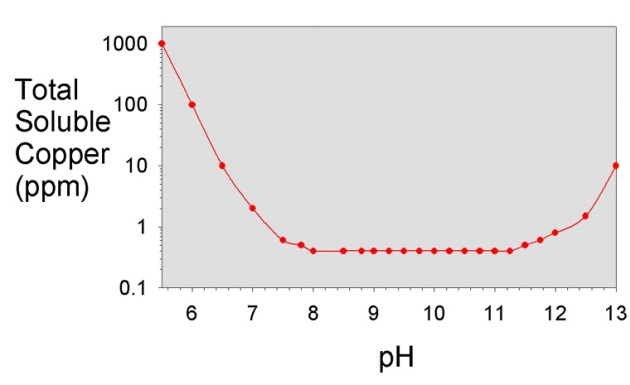benchmstr
Junior Member
- Joined
- Sep 10, 2017
- Messages
- 45
- Reaction score
- 12
I recently had a thread about removal of the rotten egg smell and I successfully treated it!
Thanks guys!
But it got me thinking about how to test for copper content, and possible removal.
I AM NOT CONCERNED ABOUT MY WINE!!
But how would one test for copper and treat it typically.
Thanks guys!
But it got me thinking about how to test for copper content, and possible removal.
I AM NOT CONCERNED ABOUT MY WINE!!
But how would one test for copper and treat it typically.














































![[Upgraded] 9Pcs Tree Root Growing Box with Drain Holes, Half Transparent Plant Rooting Propagation Ball & Metal Core Twist Ties, for Fast Propagation Plants (Size M)](https://m.media-amazon.com/images/I/514MWQxtWOL._SL500_.jpg)







